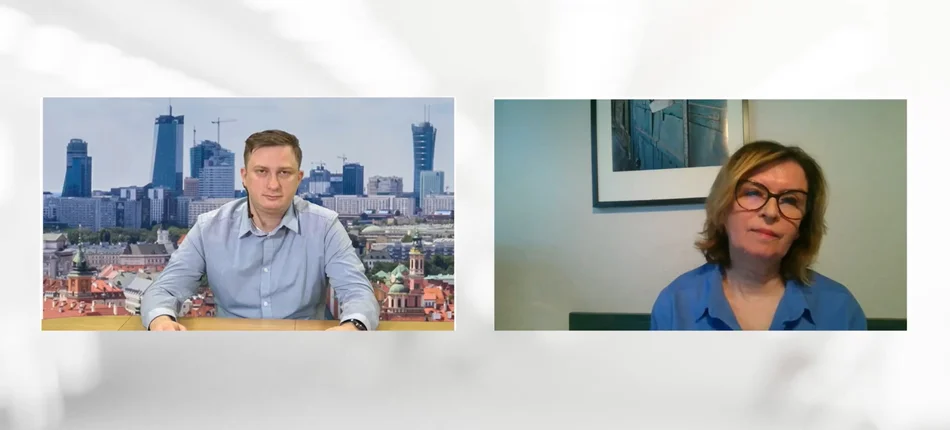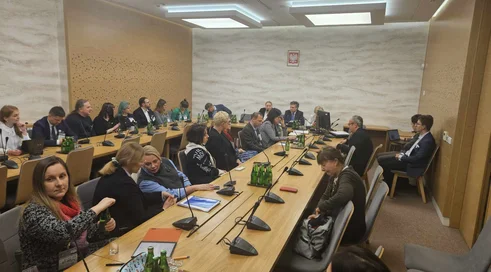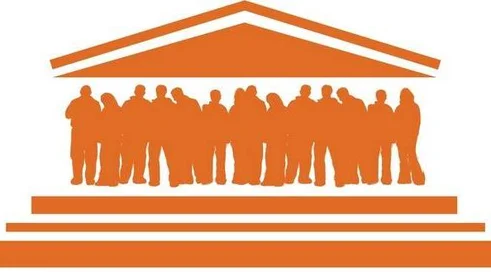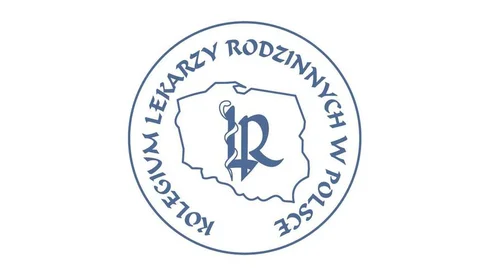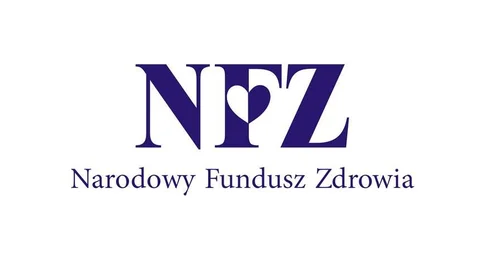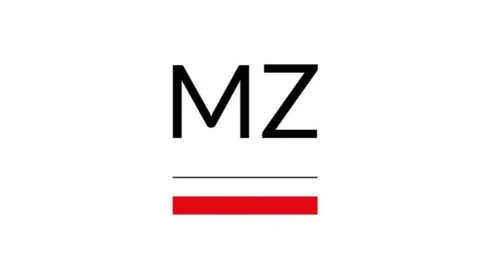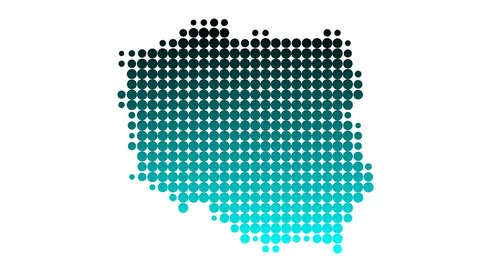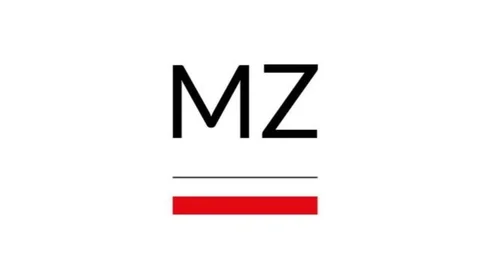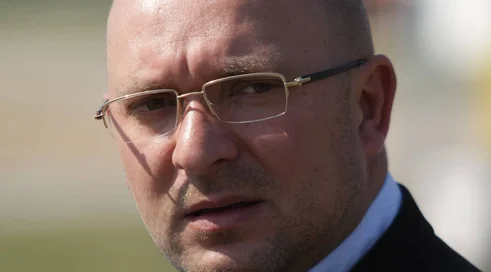The Council of Ministers has adopted a draft law on certain medical professions. According to the Health Ministry, the aim of the adopted draft is to regulate the conditions and rules for the practice of those professions that have not been covered by statutory regulations to date, as well as issues relating to in-service training, the registry and the professional liability of such persons. The draft contains regulations pertaining to 17 professions, including speech therapists. In addition to speech therapists, there are professions such as dental assistant, dietician, electroradiologist and dental hygienist. Can we say that speech therapist is a medical profession, or should it be understood more as an interdisciplinary profession?
According to the Polish Association of Speech-Language Therapists, as well as the Polish Speech-Language Society, a speech therapist performs an interdisciplinary profession. He uses methods that are both typically speechopedic, as well as medical, psychological, pedagogical or linguistic. Thus, a speech therapist is an interdisciplinary profession, but he also cannot be denied the definition of a medical profession if he performs his services in medical facilities.
The positioning of speech therapists in the Law on Certain Health Professions is of concern to us, because the Ministry, in preparing the legislation of this law, did not thoroughly examine the employment structure. Medical institutions proportionately employ very few speech therapists, compared to those who work in other public and non-public entities, mainly in the Ministry of Education, as well as running their own businesses.
The Ministry of Health assumed that speech therapists are only a medical profession and situated us in this law. The other professions covered by it have completely different operating characteristics and a separate training path than speech therapists. These are professions for which qualifications are usually obtained through post-secondary education, and very few of these professions obtain their qualifications through college or post-graduate education. We find it paradoxical that the health ministry assumes that with this law it will regulate the work of speech therapists, who also function outside medical institutions. There is a provision to prote...
Content locked
To gain access to the complete English section of the Medexpress.pl, kindly reach out to us at [email protected].





